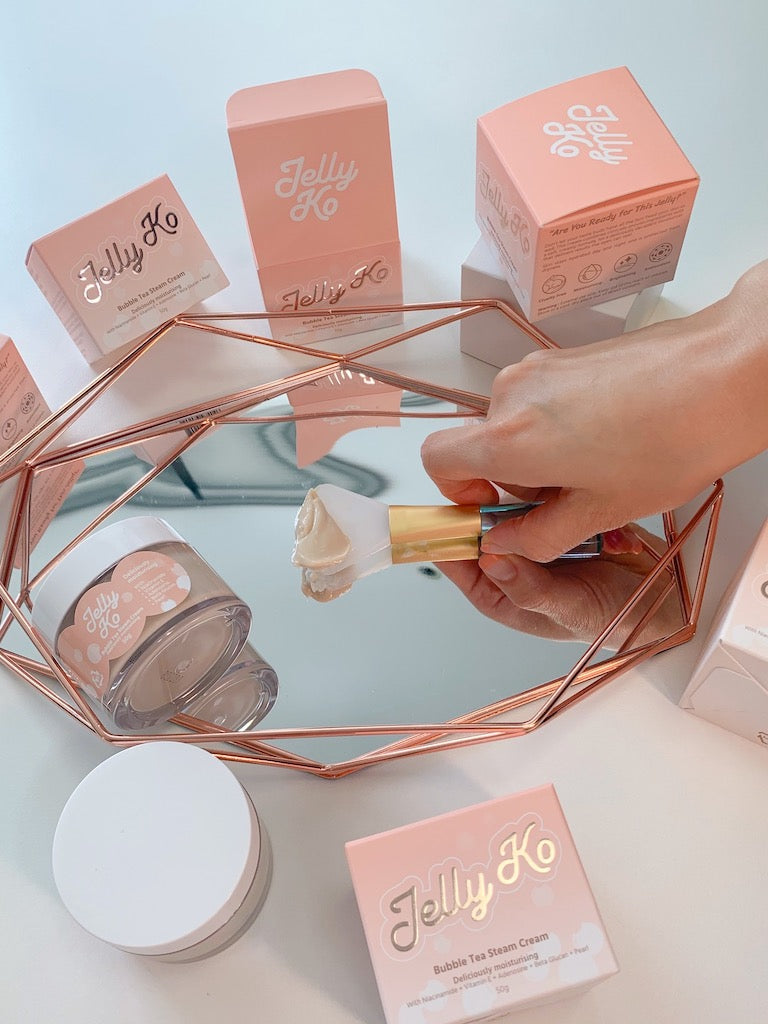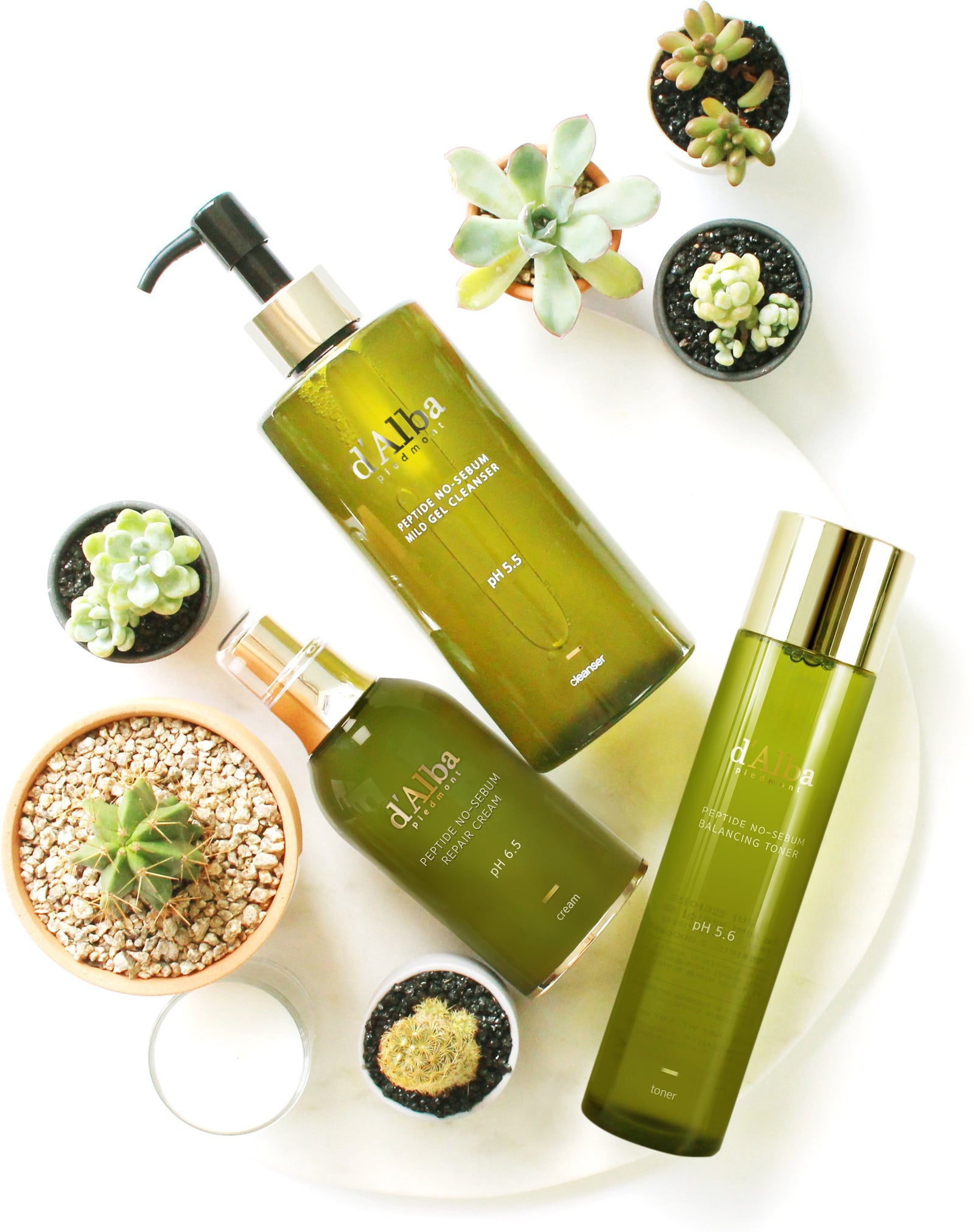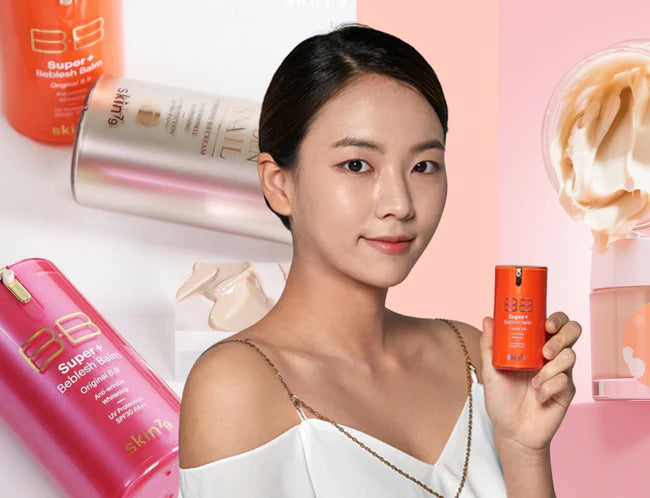Retinol has never been as popular in Korea as it is in western countries. And to get a little Carrie Bradshaw about it, I couldn’t help but wonder… if not retinol, then what?
Make no mistake: retinol exists in K-beauty (in 2025 more than ever) but Korea was a much later adopter than the West. Instead, Koreans have long-since championed low-irritation, MFDS-recognized wrinkle-care ingredients like adenosine and niacinamide rather than higher-strength actives.
While retinol is no longer as rare in Korea as it once was, the local approach does still prioritise skin barrier support and soothing co-actives, with retinols available at a range of strengths.
If retinol doesn’t work for you for whatever reason OR you’re just after some other options, below we’ll explore some of the Korean go-tos you can sub in (or pair) with retinol. Think of it like choosing between Aidan’s dependable Golden Retriever vibes vs Big’s drama: both can work, but timing and tolerance matter.
Collagen (Topical for comfort & bounce)
Topical collagen hydrates and gives an instant “bouncy” feel, which is great for drier and more mature skin. It doesn’t replace vitamin A/C for remodeling, but it’s a comforting layer in a well-aging routine.
Note: Topical collagen does not replace your skin’s intrinsic collagen. Because native collagen molecules are large, topical formats mainly support the surface—helping with hydration and reducing transepidermal water loss.

Vitamin C (brightening & firmness)
Vitamin C is well-regarded as a powerful antioxidant for well-aging in Korea. Not only can it help the appearance of uneven tone, it also supports collagen. In fact, some Korean researchers even believe Vitamin C is the key to barrier recovery, and that skin with a lower pH is associated with faster barrier repair. The trick however is to find a stable formula that works well for your skin and layer it under SPF for complementary photoprotection. Some people find that high-strength Vitamin C irritates their skin, so if that's you try and stick to 5% or under.
Niacinamide (the K-beauty workhorse)
Some people complain that its almost impossible to find Korean beauty products without niacinamide (and if that's you, we've got you). But there's a very good reason for that. Not only is it recognised as a functional cosmetic ingredient by Korea's MFDS (if used at approved levels), with benefits like balancing, brightening, minimising visible pores and calming who wouldn't want it in their routine? You’ll find a functional amount of niacinamide in:

Peptides (signal & support)
Short chains that help with a firmer, bouncier-looking complexion. Korea often combines peptide complexes with humectants for cushiony textures.
Adenosine (MFDS-recognized wrinkle-care)
Adenosine is a long-standing K-beauty favorite for everyday, low-irritation wrinkle care. In cosmetics, it’s used to help skin look smoother and more refined. It's so effective that it is recognised as a functional cosmetic ingredient for wrinkle care by Korea's MFDS. It is acknowledged to:
- Help improve the appearance of fine lines and wrinkles
- Support a more refined, supple look
- Pair well with barrier-supporting routines. It's commonly used alongside niacinamide, humectants and emollients for everyday wear.

White Truffle Soufflé Serum
Comforting hydration with adenosine, shea butter, niacinamide and decadent European white truffles for smoother-looking skin.
Shop SerumReal Before & After Results (without using retinol)


Idebenone, EGF & Others
Antioxidants (idebenone), growth-factor-mimicking actives (EGF), and new-school hydrators round out Korea’s “slow-irritation” well-aging toolbox:





Leave a comment
Comments will be approved before showing up.